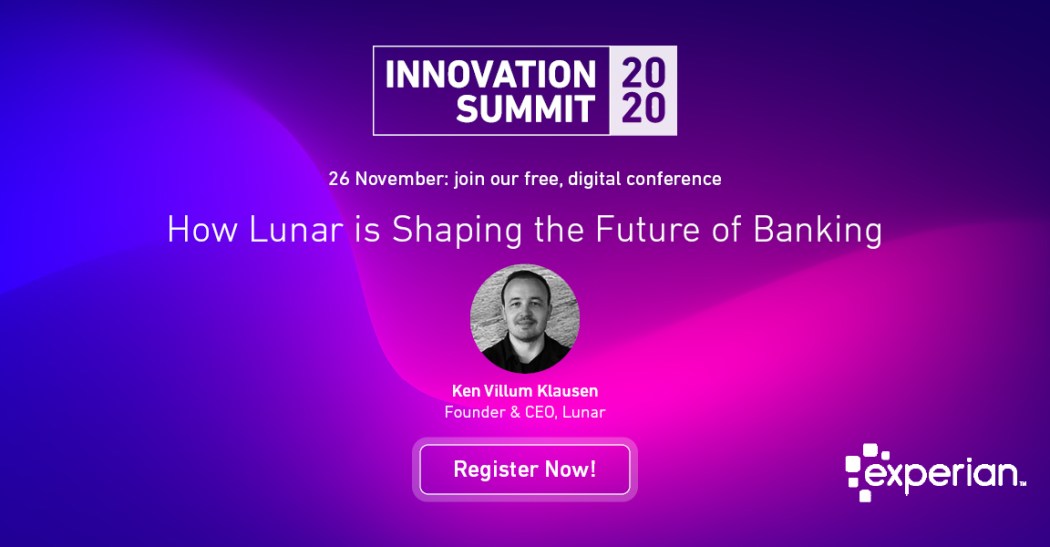Lunar was founded in 2015 in Denmark with a strong entrepreneurial spirit and the will to use technology to change the way to think about and spend money. In 2018 and 2019 Lunar became a Scandinavian banking app with offices in Stockholm and Oslo making it possible for Swedes and Norwegians to manage their finances. They also found the opportunity for entrepreneurs and small businesses to grow their business with a Lunar account. In 2019 Lunar obtained a European banking license from the Danish FSA enabling us to build a new bank from scratch with the products our users want. Today Lunar has over 200 000 users and has raised over $ 70M in funding, having a strong investor supporting them in building a new kind of bank.
The Nordic and European banking landscape
In the Nordics it is govern by law that all businesses and citizens must have a national account connected into the national clearing system for national ID completion. This is something all businesses must have; hence they cannot just use and account from an outside provider.
In the Nordics we have a monopolized banking landscape and have 90% + mobile adoption rate and have had this for over 10 years now. Its is a really developed infrastructure and landscape in finance in technology, so you really need to set the bar high when you are building a new banking solution.
The Nordics is the most profitable banking market, with a defensive infrastructure. We do not see any global banks competing in our markets. It is difficult for international banks to establish themselves due to regulations. The largest banks in the Nordics captures more than 90% market share and a trend we see is that more and more banks joining forces in building products and pricing, which creates a monopoly from traditional banks and uniform offering of applications and products with similar pricing.
“What we are trying to do is to crack this Nordic infrastructure, we have a vision of building something else that traditional financial institutions” – Ken Villum Klausen
Data is key in all we do
We have built a custom bank on data. We build our bank as a lego system, with different building blocks coming together. We have build the banking platform on our own which connects into different services.
“Its is probably the one and only lego build bank”
Data is really a big and interesting part of Lunar. They have a large team just working with data. They are using the platform to offer predictive and proactive banking. Based on the consumers transactional behavior we will recommend you certain products, reccomened savings, end of month loan opportunities etc.
Transactional data is key and the interesting part is that the data is owned by the customers so the purpose of the data is to offer that predictive and proactive experience for the users. Lunar are also able to brand on transactional data where we can show the users merchant information, promotional information and so on.
“Data is one of the most important aspects of what we do, and also a reason why we invest so much in this data platform”
Building a platform that supports multiple revenue streams
Were most challenger banks rely on a high volume based interchange fee and a narrow rage of financial services, Lunar has much broader range of revenue sources. Lunar has made a platform that supports multiple revenue streams with a much higher potential than regular financial providers. This enables us make 10x unit economics compared to global challenger bank.
O&As from the session:
How do you differentiate yourself to traditional banks that has come a long way in their digitization journeys?
We get to try out more channels and as come a far way in using an open banking infrastructure, consumers can try out a new bank without switching for free.
